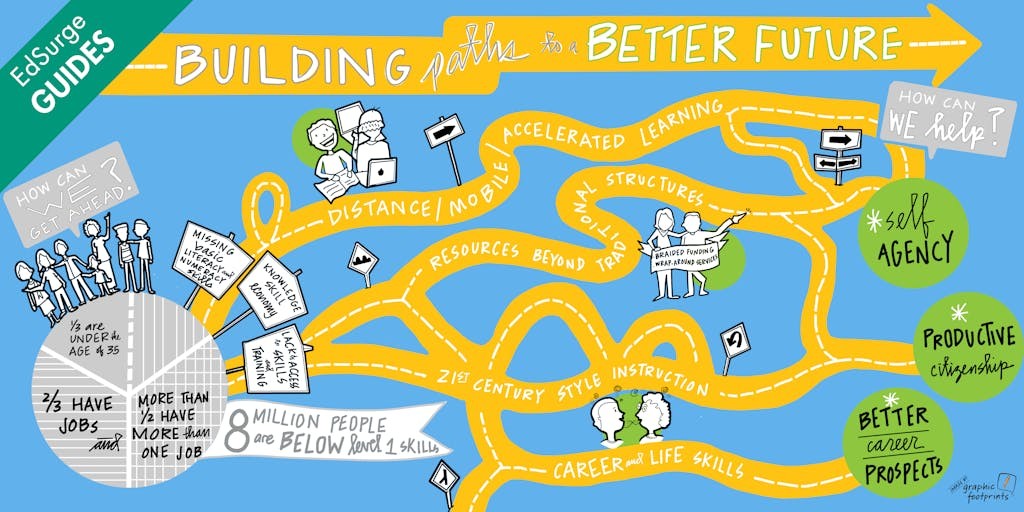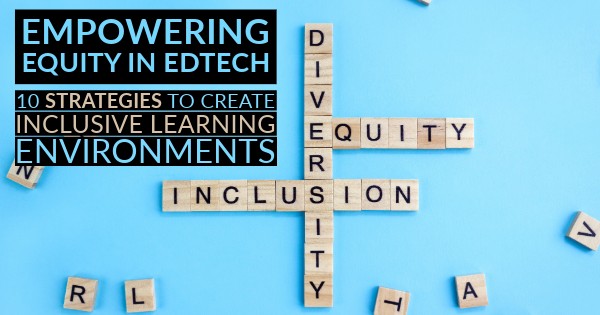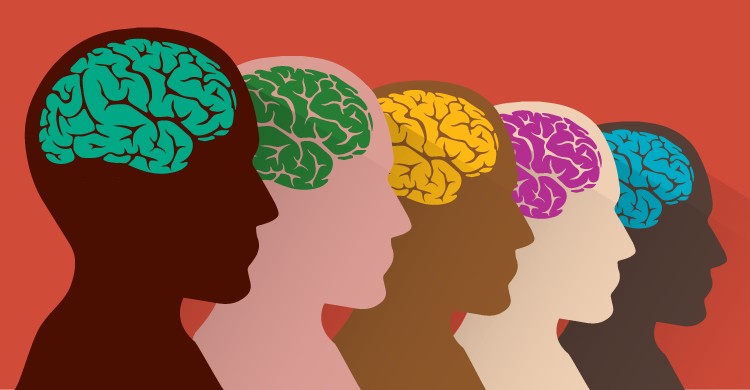School holidays, often envisioned as a time for complete disconnect from academic pursuits, present a unique and invaluable opportunity for enriching the learning experience in ways that formal classroom settings often cannot. Far from being a period of intellectual dormancy, these breaks can be strategically leveraged to reinforce existing knowledge, explore new passions, develop essential life skills, and return to the classroom with renewed vigor and a broader perspective. The key lies in shifting the paradigm from ‘time off’ to ‘time for different kinds of learning,’ embracing a holistic approach that balances rest and rejuvenation with purposeful intellectual engagement.
One of the most potent ways to make the most of school holidays for learning is by **reinforcing foundational knowledge and addressing academic gaps**. The fast pace of the academic year often means that some concepts might be rushed or not fully grasped. Holidays offer a low-pressure environment to revisit challenging subjects, solidify understanding, and catch up on areas where a student might be struggling. This isn’t about rote memorization or endless drills; it’s about deeper engagement. For example, a student in Yangon who found geometry challenging during the semester could use the holiday to explore interactive online geometry simulations, watch engaging video tutorials, or even build physical models to visualize concepts. This active, self-paced review can transform previous weaknesses into strengths, providing a much stronger base for subsequent learning. It also helps alleviate the stress of falling behind, allowing students to start the new term with confidence.
Beyond academic remediation, school holidays are an ideal time for **exploring new interests and delving into passion projects**. The rigid structure of the school curriculum often leaves little room for students to pursue subjects purely out of curiosity. Holidays provide that freedom. Whether it’s learning a new language, picking up a musical instrument, delving into coding, exploring the basics of photography, or researching a historical period that fascinates them, these self-directed pursuits foster intrinsic motivation and critical thinking. Imagine a student in Myanmar fascinated by traditional crafts. They could spend part of their holiday visiting local artisans, researching the history of weaving or pottery, and even trying their hand at a simple craft. These experiences not only broaden their horizons but also develop valuable skills such as research, problem-solving, and perseverance, all while engaging with something they genuinely enjoy.
Furthermore, holidays offer an excellent opportunity to **develop essential life skills that complement formal education**. These are the skills that aren’t typically taught in textbooks but are crucial for navigating the world successfully. This could include learning basic financial literacy, mastering cooking or gardening, developing organizational habits, or engaging in community service. For instance, a student could take responsibility for planning and budgeting a family meal, learning about nutrition, cost management, and practical application of mathematics. Volunteering at a local animal shelter or participating in a community clean-up drive can instill a sense of civic responsibility, empathy, and teamwork, all while providing real-world context to concepts learned in social studies or ethics classes. These practical experiences build confidence, independence, and a deeper understanding of the world outside the classroom.
Engaging with **cultural experiences and real-world learning** is another powerful way to leverage school holidays. Travel, even locally, can be incredibly educational. Visiting museums, historical sites, national parks, or local markets exposes students to new environments, perspectives, and information that brings textbook learning to life. A trip to the Shwedagon Pagoda or a visit to the local Bogyoke Aung San Market in Yangon can offer rich lessons in history, architecture, economics, and cultural diversity that no classroom lecture can replicate. Even without travel, simply exploring documentaries, virtual tours, or international literature can provide a window into different cultures and expand a student’s worldview, fostering global awareness and appreciation for diversity.
Finally, while purposeful learning is beneficial, it’s equally important to emphasize that holidays are also for **rest, rejuvenation, and unstructured play**. The goal is not to replicate the intensity of the school year, but to create a balanced approach to learning. Over-scheduling or pressuring students with too many formal academic tasks during a break can lead to burnout and resentment. A relaxed mind is a receptive mind. Time for creative play, outdoor activities, reading for pleasure, and simply unwinding allows the brain to consolidate learning and return refreshed. The best approach to maximizing school holidays for learning is to blend structured, curiosity-driven activities with ample time for relaxation, ensuring that students return to school not just smarter, but also more energized, motivated, and with a broader, more integrated understanding of the world around them.




